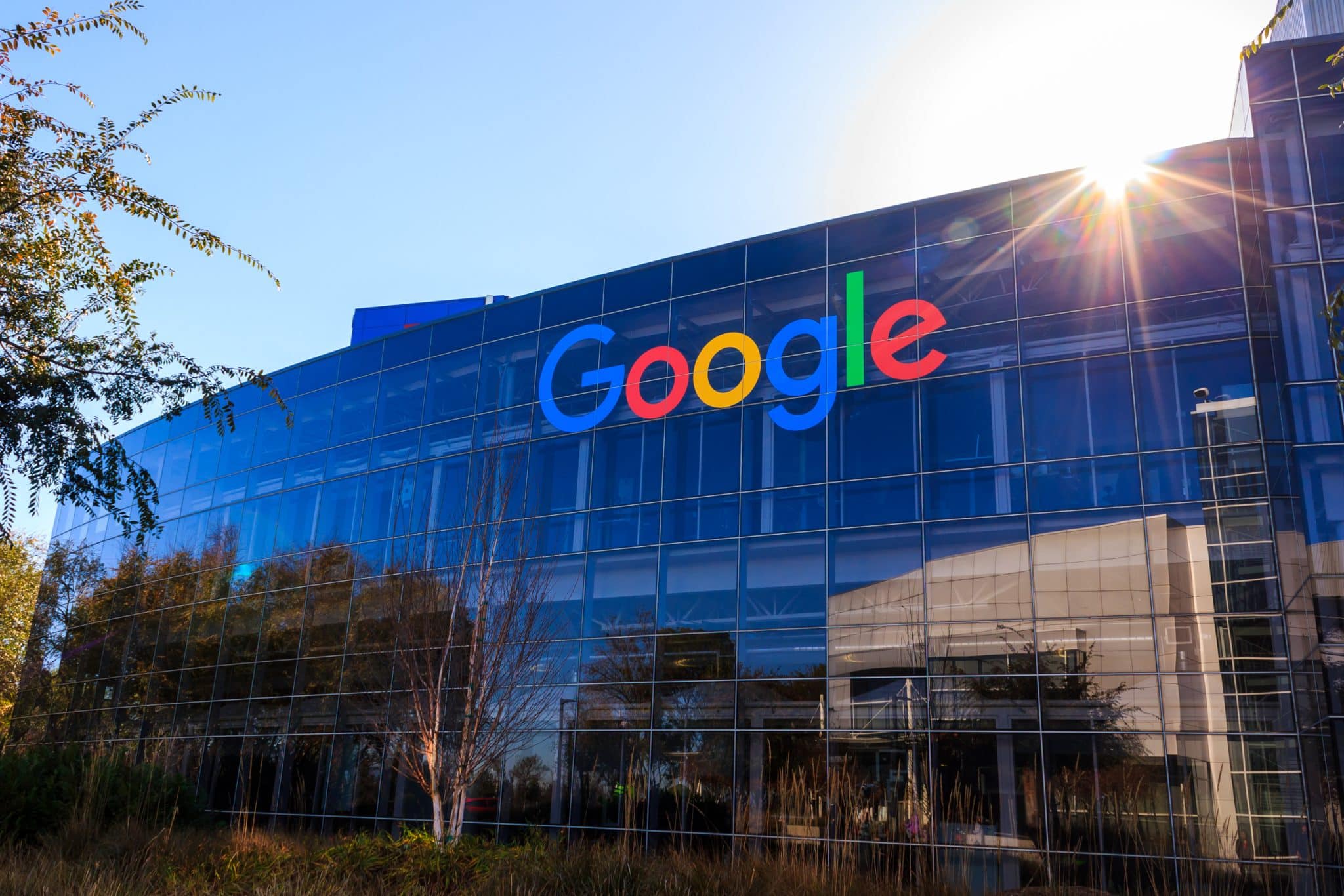- cross-posted to:
- technology@lemmy.world
- cross-posted to:
- technology@lemmy.world
Attacks and doxing make me personally MORE likely to support stronger safety features in chromium, as such acts increase my suspicion that there is significant intimidation from criminals who are afraid this feature will disrupt their illegal and/or unethical businesses, and I don’t give in to criminals or bullies
Kick a puppy
Get attacked for kicking a puppy
“These attacks make me MORE likely to keep kicking puppies, as I don’t give in to intimidation from criminals and bullies that want healthy puppies for their nefarious ends.”



My phone keyboard spelling aside, when the acronym was first coined, correct, but it seems to have sence devolved into more of a colloquialism for large scale tech related corporations, outliving the precise corporate restructuring that once comprised the old acronym. At least that’s what I’ve experienced in my workplaces, as well as the comments here:
Was there a equivalent house hold colloquialism for IBM, HP, Xerox, Bell System, etc. back in the day?
I just prefer that people actually are precise in their language to make things as clear as possible. Saying “FAANG-like companies” is precise and correct, saying “FAANGs” is nonsensical. I would always use FAANG as that acronym, if you just want to mean “Big Tech companies” then just say that instead. It’s a lot more clear to a lot more people who don’t share your tribal-speak of your workplace. People federated here are from a lot more places and making it easier for everyone to know what you’re actually meaning should be a good thing.
Language is inherently messy, localized, and ephemeral, so it could be unwise to expect that kind of conformity on the global internet. It can be jarring, for example tech folk here in the EU seem to use corporate slang a lot differently than when I was working near SFO or DFW, we’re I’d suspect the greater non-homogeneity of native speakers, as compared to the US, had a lot to do with it.
That aside, I think we merely disagree on the colloquial use of FAANG in 2023, as (from my anecdotal perspective) it seems to have semantically shifted into a categorical noun in common vernacular, rather than a once precise acronym from a decade ago, given most of the conglomerates behind the initial spelling have either re-branded, fallen in stock valuation, declined in labor desirability, or whatever else that had originally garnered acclaim and publicity. In that respect, pluralization of such a noun seems mundane, if not a little odd looking for typographical formatting.
Perhaps this could be coined as another stage of acronymization, or “acronym drift”; the process by which an acronym’s original expansion and meaning become less relevant or obscured over time, and the acronym itself is treated and used as a regular word, independent of its original expansion. This can happen when the original meaning of the acronym is no longer relevant, but the acronym continues to be used and recognized based on its familiarity. An example that comes to mind is Google’s original acronym for the QUIC protocol, which is no longer used to mean “Quick UDP Internet Connections”, as was initially proposed.
It seems to me that you missed my point.
Fair enough. I just wanted to point out why you may see others, or news outlets, refer to tech giants, such as Microsoft, as FANGs or FAANGs given the historical context, regardless of how one may prefer to grammatically re-phrase such nonsensical statements. E.g: